Bryn Mawr College Inauguration Addresses Throughout the Years
Seven of the past nine presidents of Bryn Mawr gave inauguration speeches. Spanning almost 100 years, these addresses give a glimpse into life at Bryn Mawr, in academia, and in the world over the decades. Scroll back in time and read excerpts from these speeches with the timeline below.
Inauguration Addresses Throughout the Years
September 20, 2014
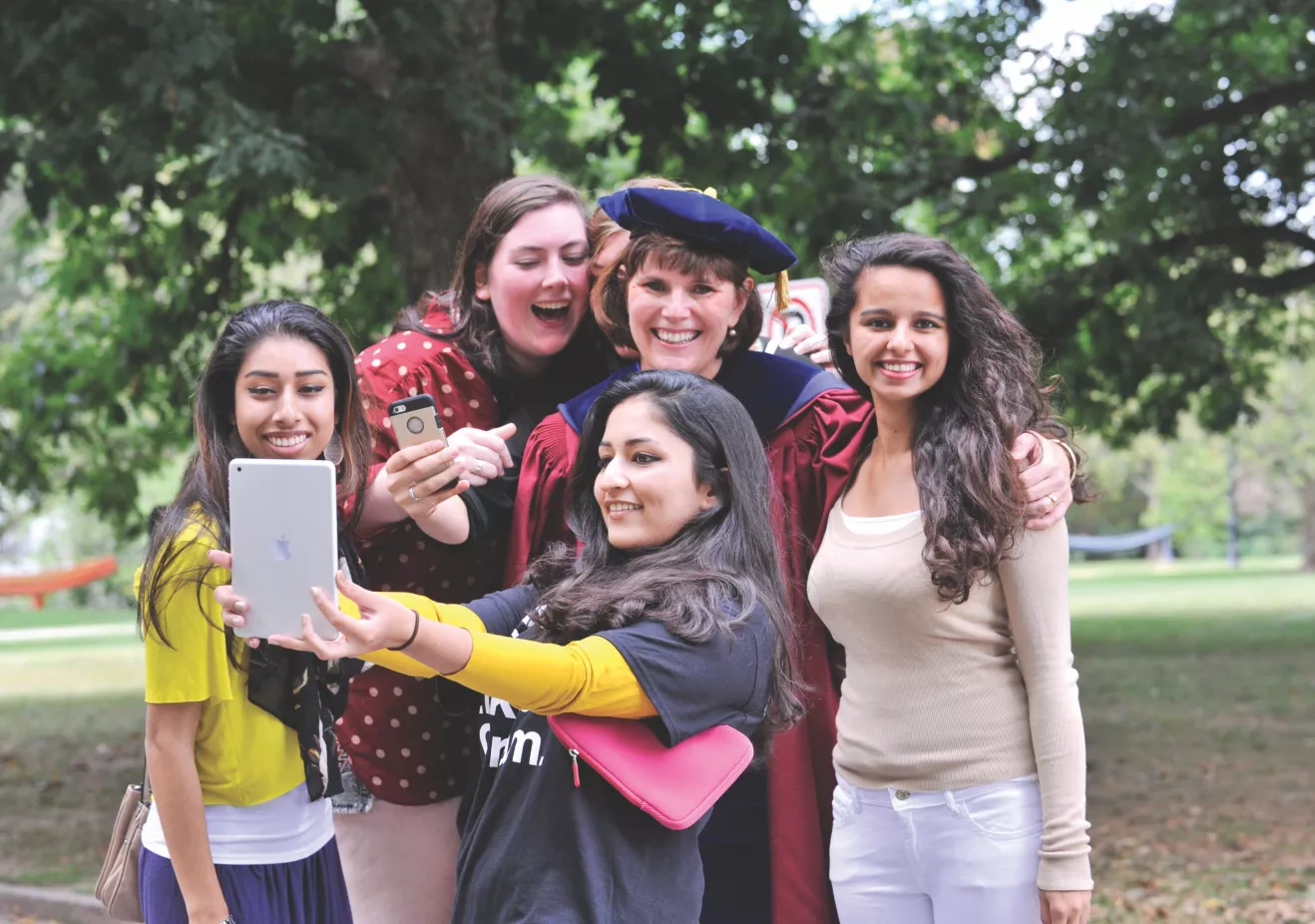
“Our environment seems to find and nurture a quality in Bryn Mawr graduates that is quite special, that practically screams ‘I can do anything’ – in the working world, in communities, and in families. It's a kind of striving, a way in which our graduates connect what they do to meaningful purposes larger than themselves, to live deeply examined lives - without regard to – or in spite of – barriers or conventions.”
Kim Cassidy
October 4, 2008
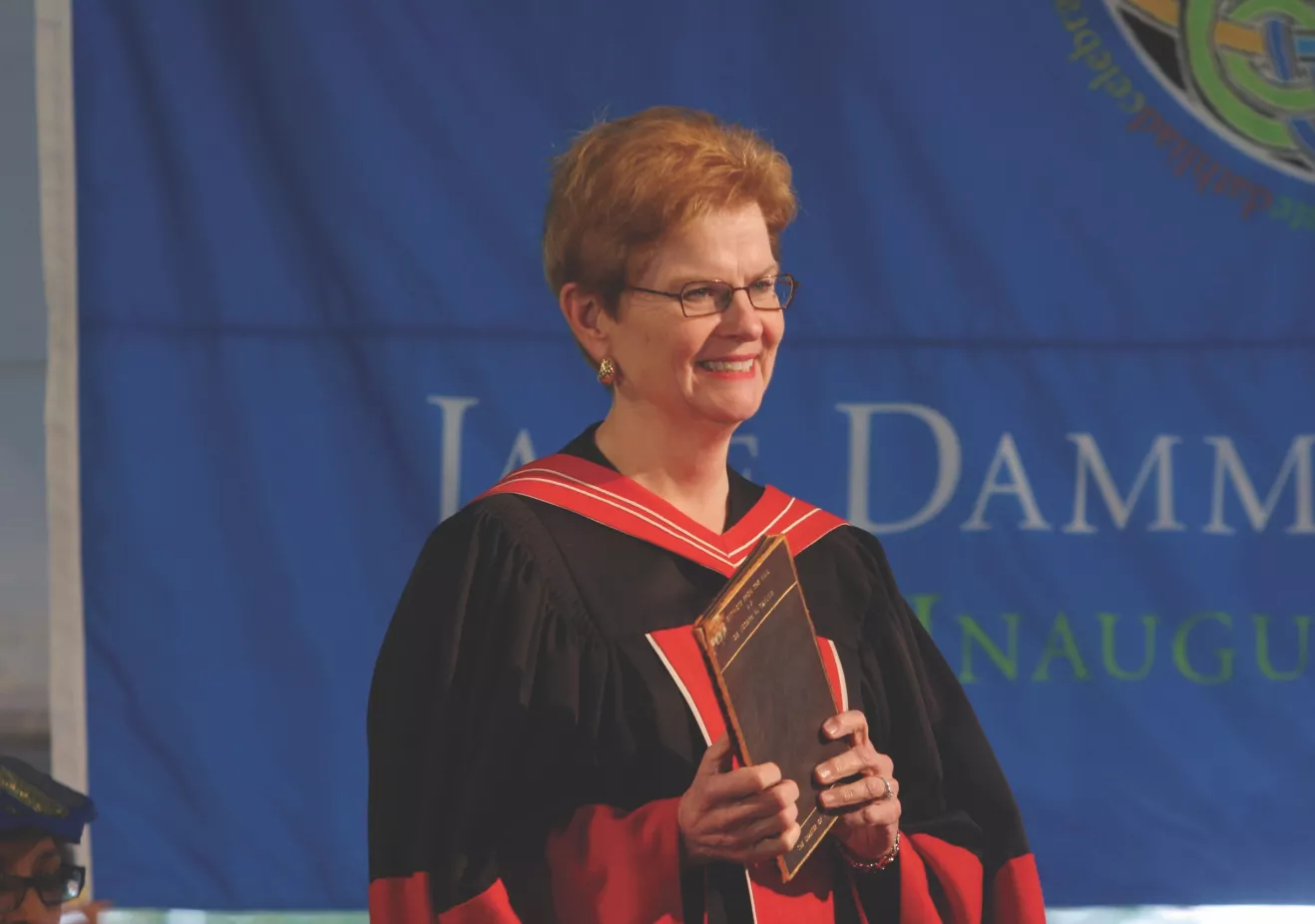
“As I ascended its spiraling wrought iron steps, I took turn after turn until finally reaching the very top of Taylor. In every direction, the view was magical. Here were splendid stone buildings, rolling green lawns, and tree-shaded paths, a vibrant campus beloved by generations of students and sustained by devoted alumnae/i. And in the distance, the exciting, challenging, ever-changing city beyond. From that vantage point, I felt the sweep of Bryn Mawr history and I saw its promise. This is a place to honor and to cherish. This is a place with a proud past now facing a future rich with possibility.”
Jane Dammen McAuliffe
December 6, 1997
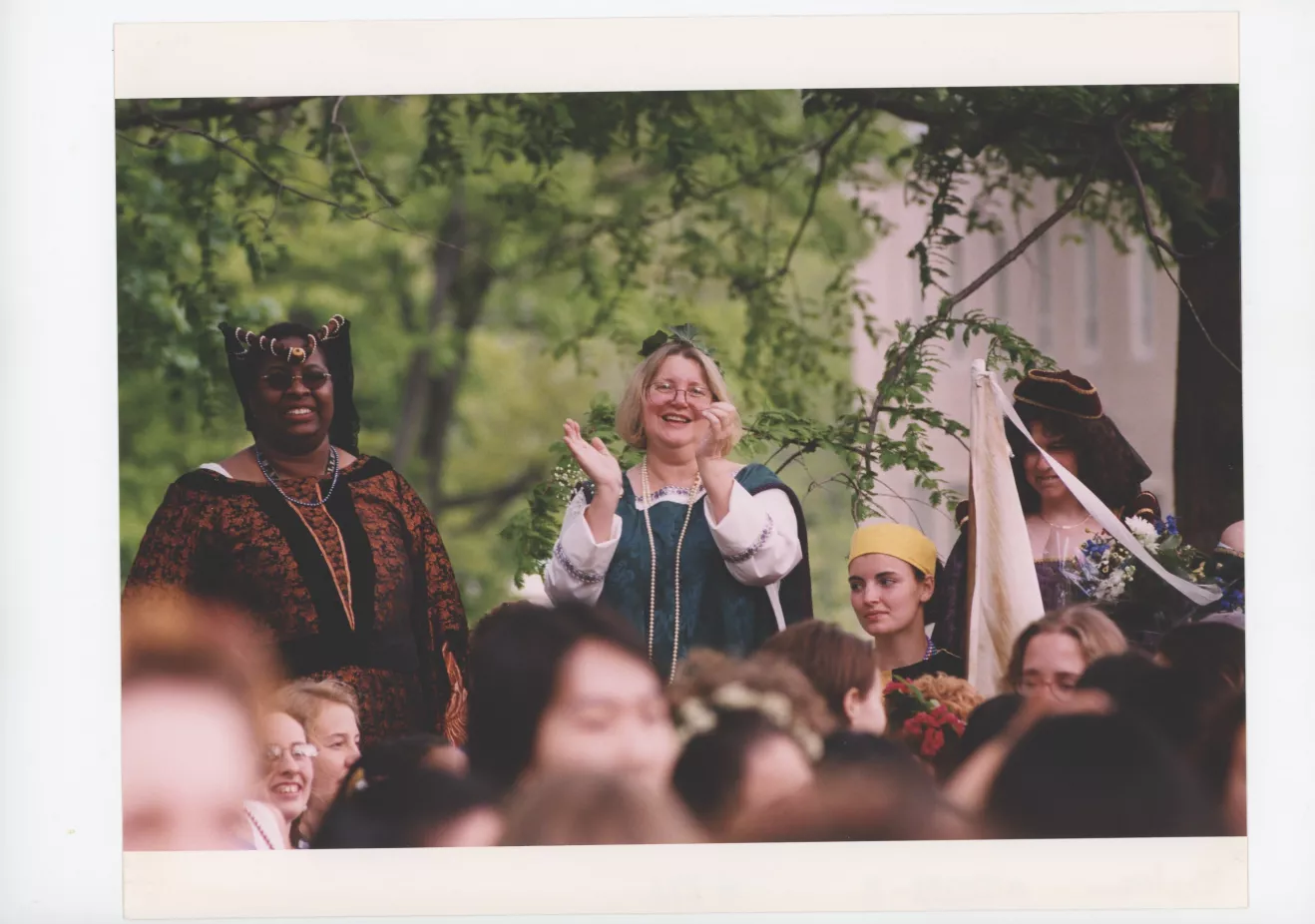
“Bryn Mawr is bold. Its ambitions for women have from the beginning led it to reach beyond the comfortable, the easy and the expected. As the first institution in the United States to offer graduate degrees to women, the first to offer its students the independence and responsibility of their own Self-Government Association, the first to grant a doctorate in Social Work, the College has cultivated a willingness to take risks on behalf of our principles, to experiment, to be different. And it has produced students in its own image — bold, confident and independent women.”
Nancy Vickers
August 30, 1978
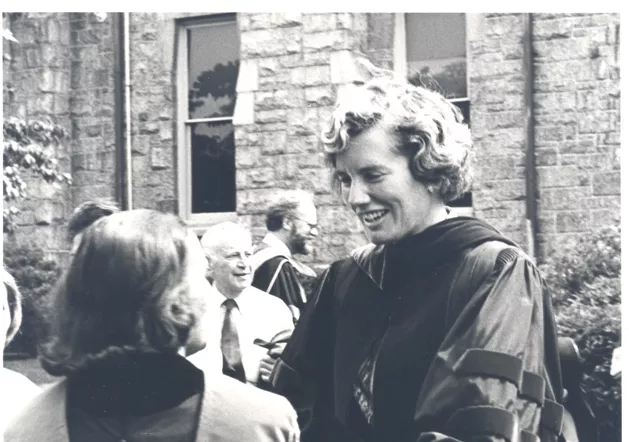
“It is important for women students to realize in the course of their education (here) that no academic program will substitute for a woman’s own decision to live an adult and self-directed life. This student body, as the world goes, is greatly privileged. We are not doing our job if we fail to teach the responsibilities that accompany such privileges.”
Mary Patterson McPherson
October 17, 1970
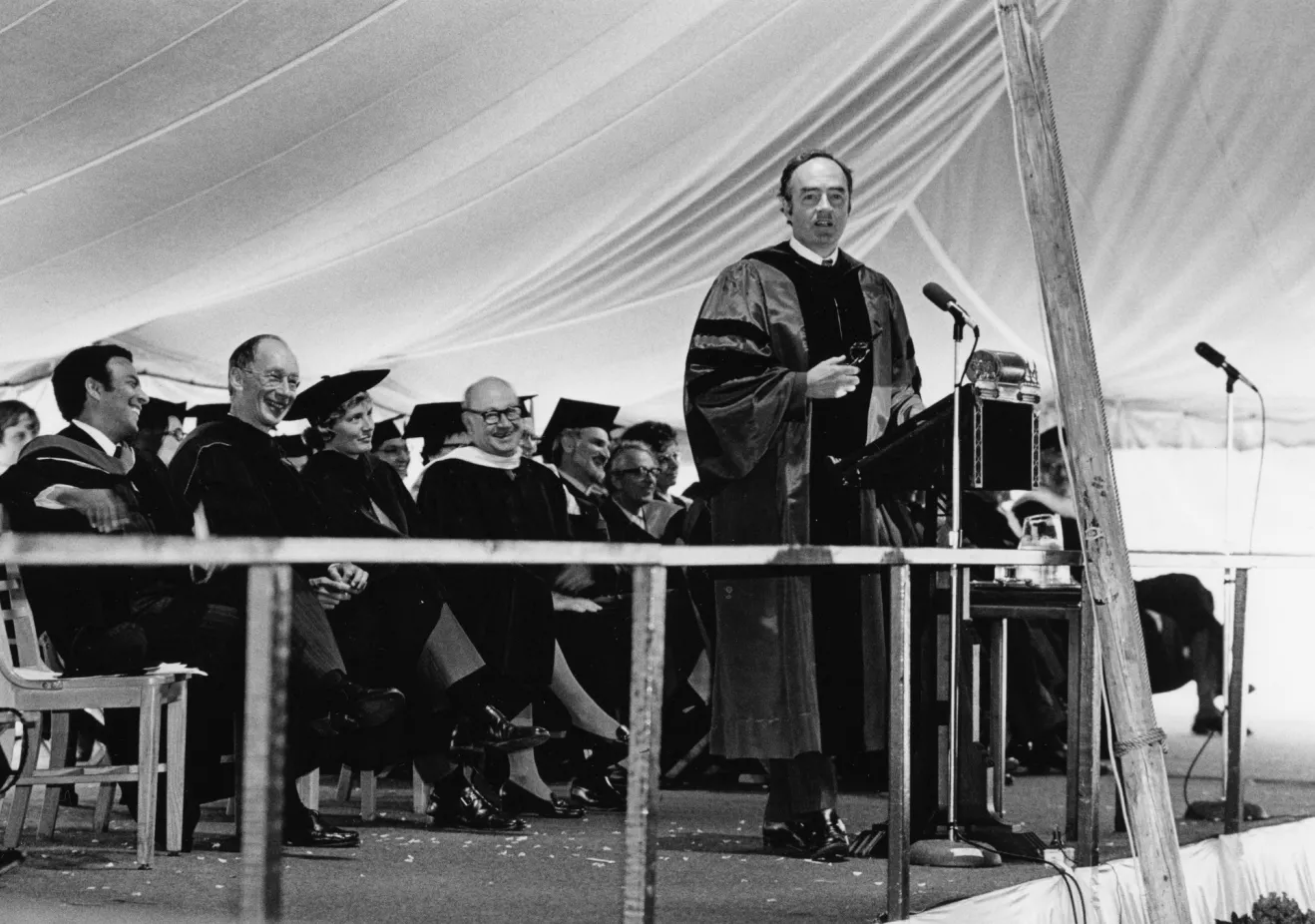
“As the world goes we are a small house, but in the music made by our students and faculty and in the breezes of change blowing here as elsewhere — sometimes they seem like hurricanes — there is all the world. And all the world is in a crisis of authority and a crisis of the intellect — of law and reason. There will be no way out unless people dare to trust their intellects in action, unless on a scale never known before reason is used with courage to right a careening world.”
Harris L. Wofford Jr.
October 29, 1942
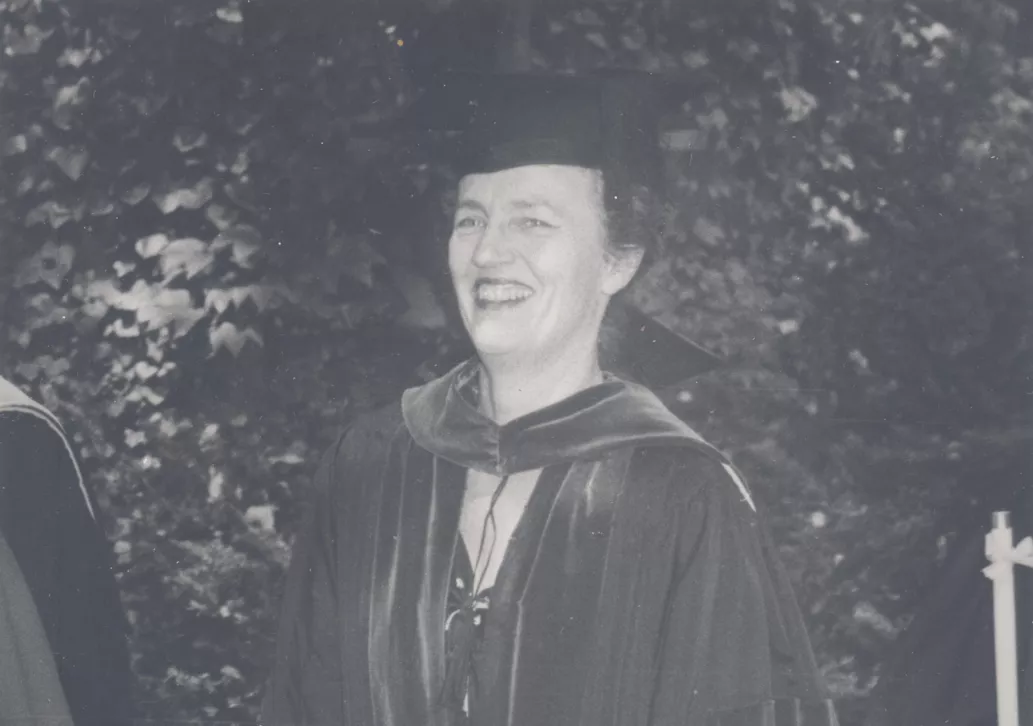
“For all students we have thought of college education as a favorable source, if not the most favorable source, of cultural development. We have thought that the freedom the human spirit can attain through the liberal studies would be built into the civilization of our best conceptions. If the building has been well done that freedom should withstand the great pressures on it now. We are in the midst of the test. We cannot be serene about the outcome, but we can be resolute; and we can build for a new and stronger structure.”
Katharine Elizabeth McBride
October 21, 1922
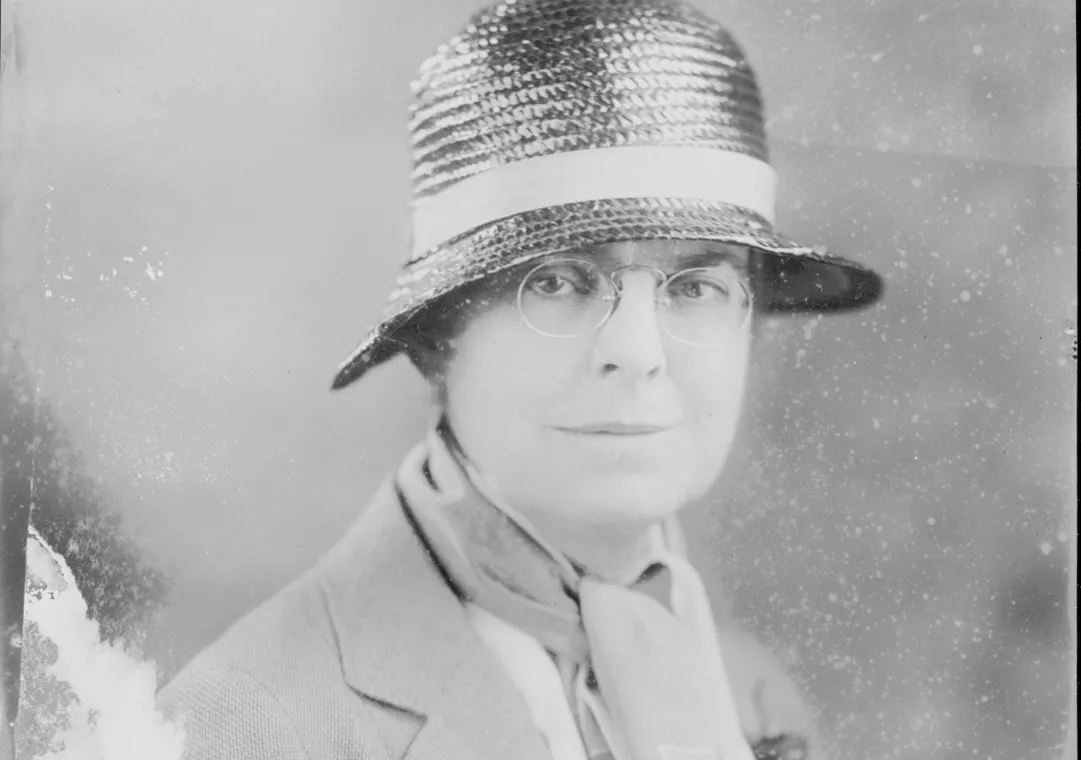
“As for Bryn Mawr's own part, it is not for me to say, except as any daughter of the college, if she were called upon, might speak for her, that Bryn Mawr longs in the coming years to send her graduates to the world outside her tranquil boundaries, a group of increasingly reasonable, reasoning, just-minded women with health and energy and persistence and intelligence.”
Marion Edwards Park
Autumn 1894
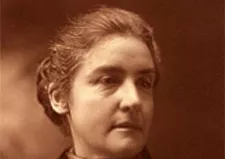
Despite President Rhoads' recommendation of her, M. Carey Thomas was only reluctantly elected president by a board vote of seven to five after another wealthy male Quaker, James Wood, turned down the position. There was no official ceremony to mark Thomas' inauguration; celebration was limited to a faculty meeting in the autumn of 1894. Text credit: Bryn Mawr College Special Collections.
September 23, 1885
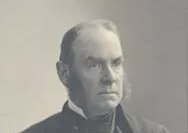
James Rhoads assumed the position as head of the College following the death of founder Joseph Taylor in 1880. He was installed as president as part of the official ceremony inaugurating the College itself. Text credit: Bryn Mawr College Special Collections.
Credit: Photographs courtesy of Bryn Mawr College Special Collections.